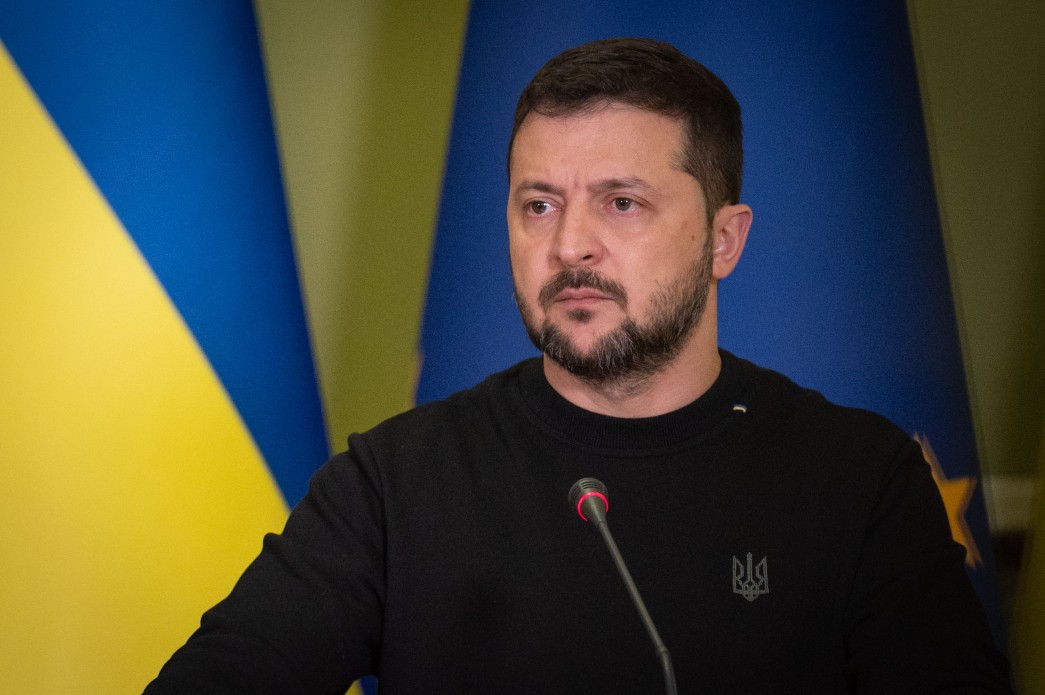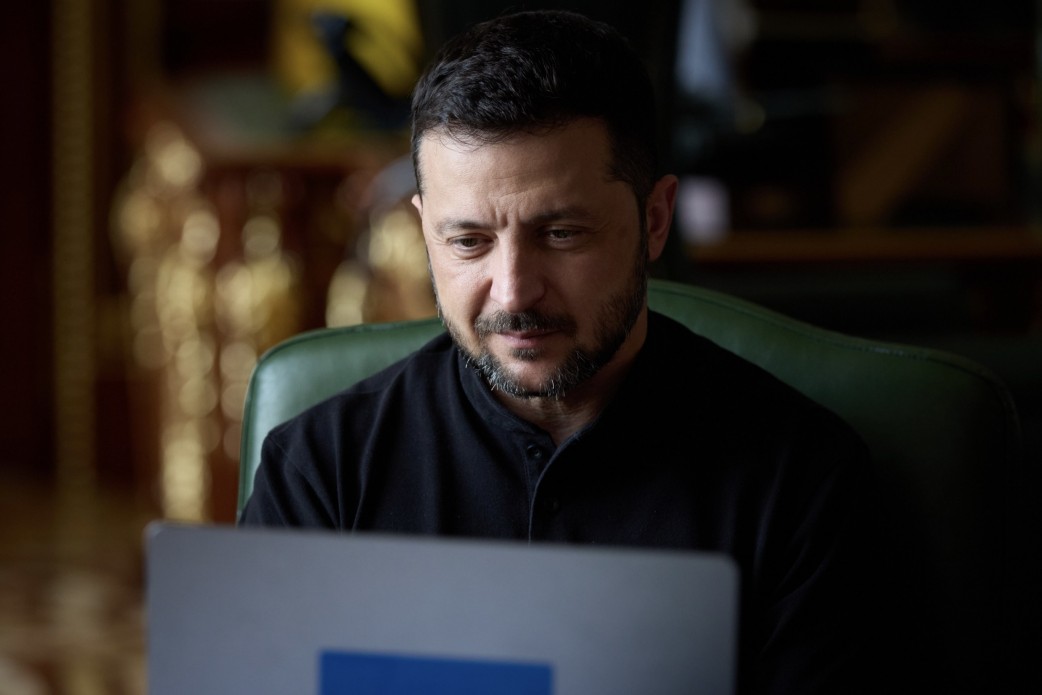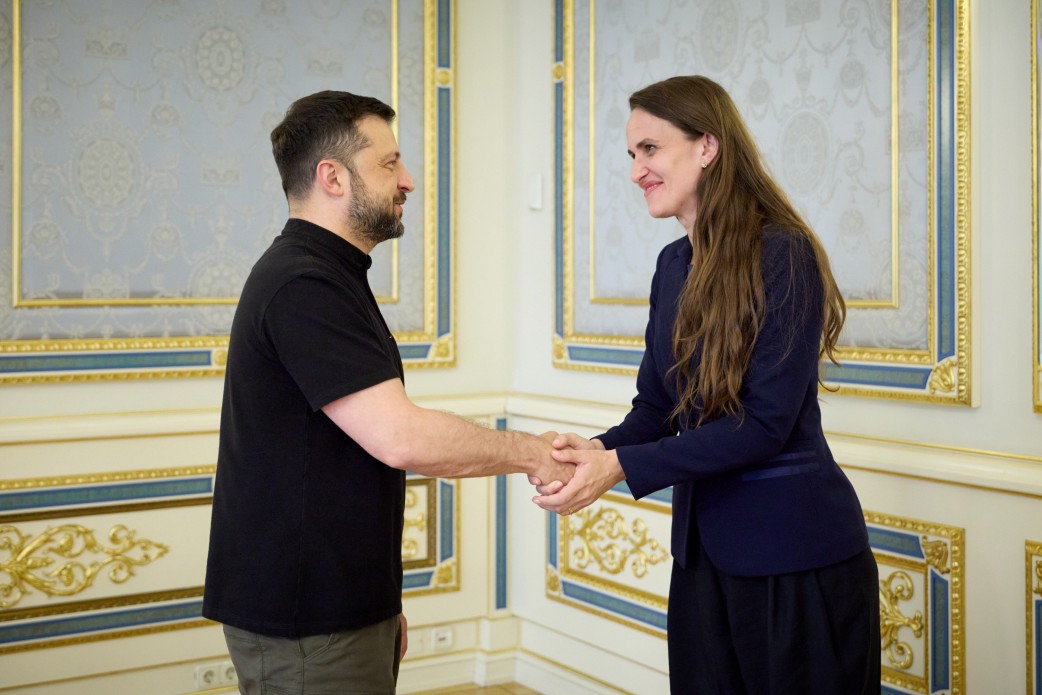Russian President Vladimir Putin has signed a law on the federal budget for 2025-2027. According to the document, published on the legal acts portal, the government will increase expenditures on "national defense" next year to a new record of 13.49 trillion rubles. Compared to the current year (10.8 trillion rubles), the military budget will increase by 25%, relative to 2023 (6.8 trillion rubles) it will double, and compared to the pre-war 2021 (3.5 trillion rubles), it will be almost four times larger.
The share of military spending in the budget—32.5%—will reach an unprecedented level since the Soviet Union. For comparison, in the first year of the war with Ukraine, 17% of the budget was spent on the military and arms purchases, in 2023 it was 19%, and in the current year, it stands at 29.5%.
The military budget will reach 6.2% of national GDP, similar to the levels of military dictatorships in Africa (6.3% of GDP in South Sudan). Nearly every third ruble in the treasury will be spent on classified items—12.9 trillion rubles in total.
Meanwhile, the "social policy" article, which includes pension and welfare expenditures, will be reduced by 16%—from 7.731 trillion rubles this year to 6.492 trillion rubles in 2025. In 2026, social spending will increase to 7.19 trillion rubles, and in 2027 to 7.249 trillion rubles, but will remain lower than current levels.
In addition to direct military expenditures, the government will allocate 3.459 trillion rubles to "national security," which includes budgets for the police, Rosgvardia, the Investigative Committee, intelligence services, and other law enforcement agencies. In total, the military and law enforcement will consume 40% of the federal budget, or 16.9 trillion rubles.
Expenditures on healthcare will increase from 1.62 trillion to 1.864 trillion rubles, but several key healthcare development projects will be cut: the federal project Fight Against Cancer will lose 5.1% of its funding, the Fight Against Cardiovascular Diseases project will lose nearly half, and the Healthcare Infrastructure Development project will lose one-third of its funding.
Education budget expenditures will remain almost unchanged: 1.577 trillion rubles next year compared to 1.546 trillion rubles this year. Meanwhile, funding for state-run propaganda media will rise to a new record: they will receive 137.2 billion rubles, a 13% increase compared to 2024.
In total, the government plans to spend 41.469 trillion rubles in 2025 and collect 40.296 trillion rubles in taxes. According to the Finance Ministry's plan, the treasury deficit should decrease from 3.3 trillion rubles this year to 1.2 trillion rubles next year.
To balance the budget, the authorities will introduce the largest tax reform in decades starting in 2025: a progressive personal income tax (PIT) scale will come into effect, and the corporate profit tax will increase. According to the Finance Ministry’s calculations, this will bring an additional 2.6 trillion rubles into the treasury annually.
Additionally, balancing the budget will be aided by the devaluation of the ruble, notes Chris Weafer, founder of Marco Advisory and former chief investment strategist at Sberbank CIB. At the end of November, the dollar, euro, and yuan reached new records since March 2022—surpassing 114, 120, and 15 rubles, respectively.
The government seeks to convert foreign currency earnings into rubles at the highest possible exchange rate ahead of increasing budget expenditures in 2025, explains Chris Weafer.
"They want to keep the budget deficit low," he points out, adding that a weak ruble will complicate controlling the rapid acceleration of inflation.





















